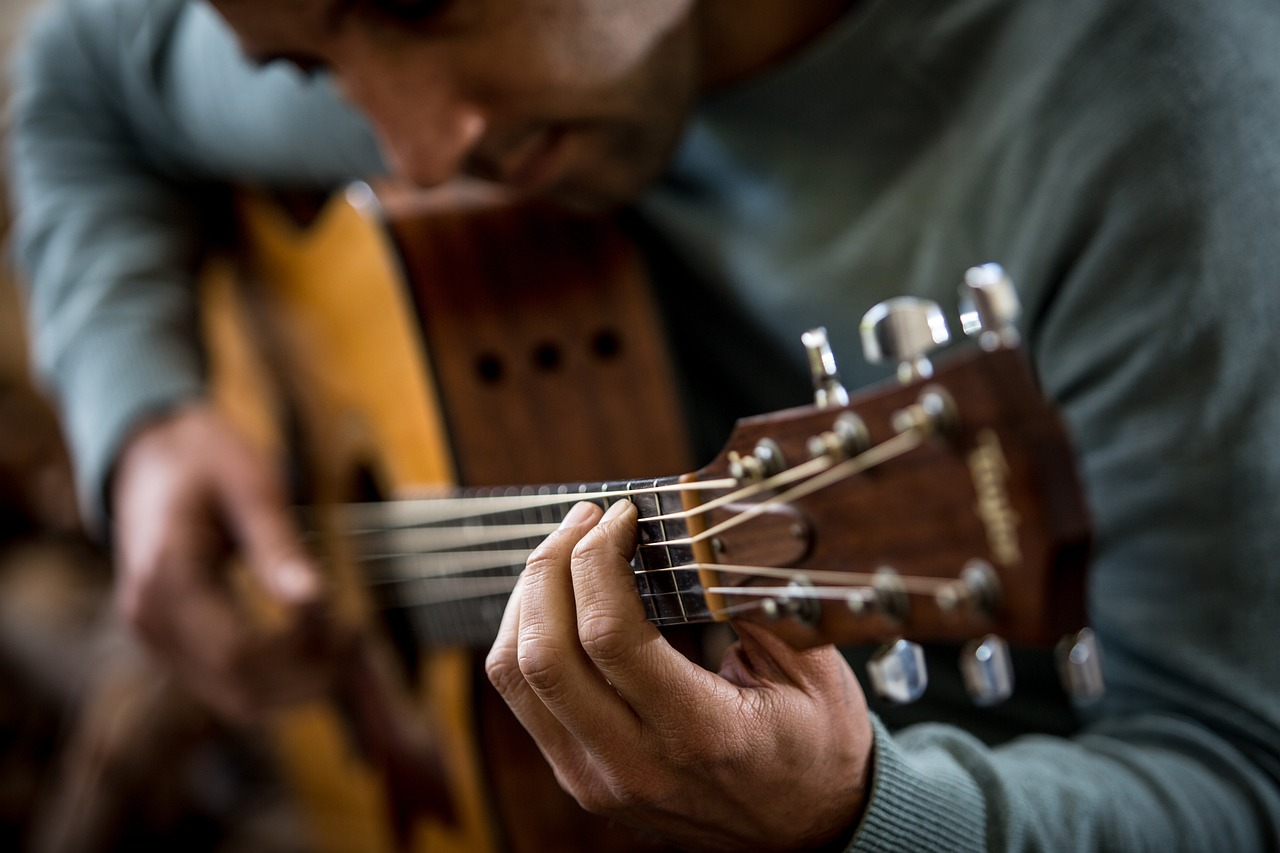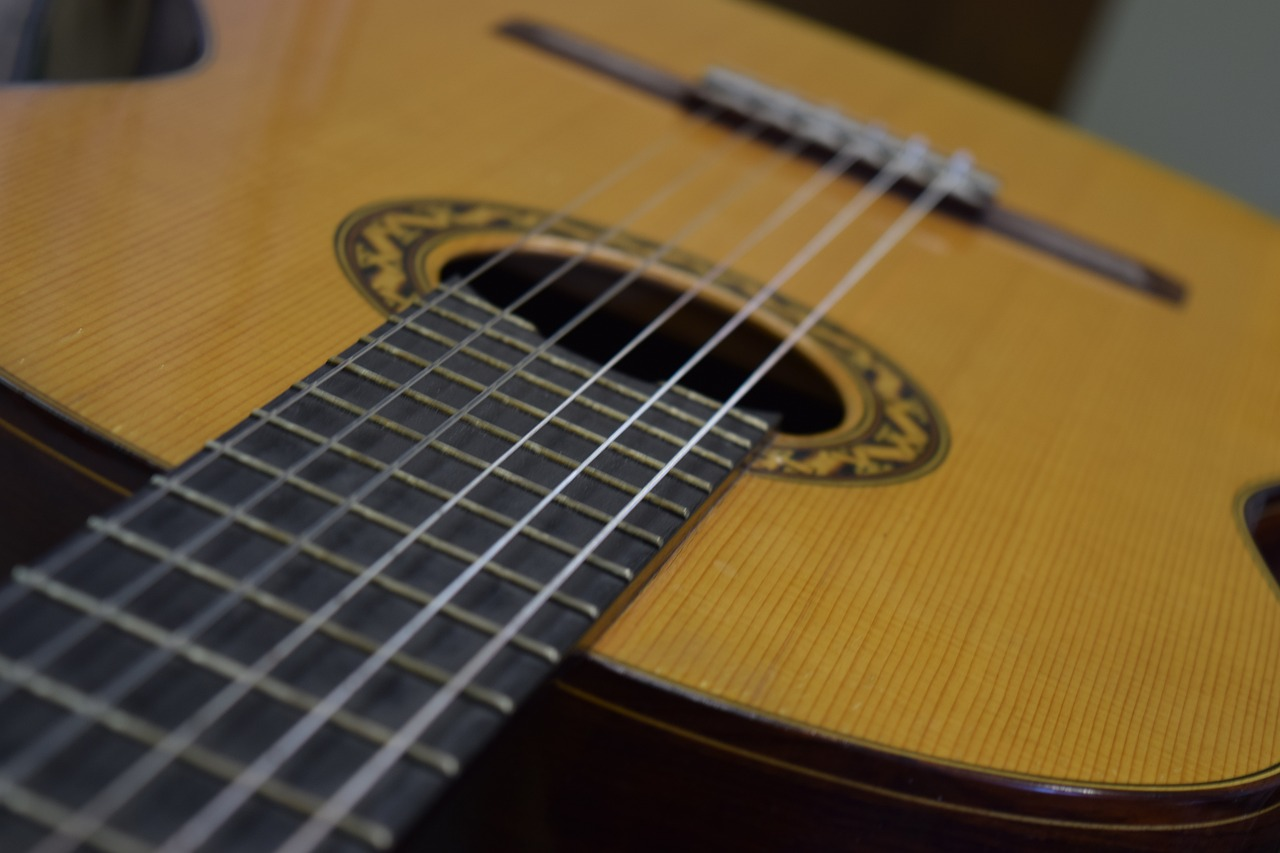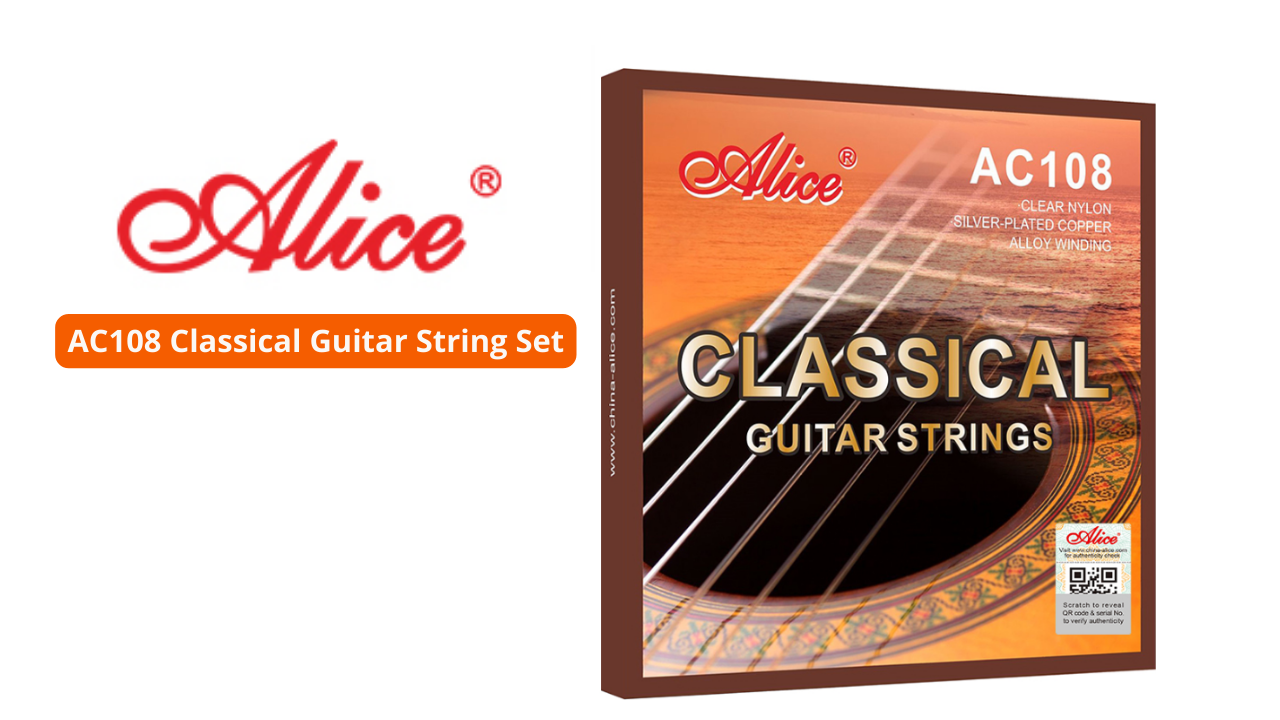
- Authenticity check
- Home
-
Products
- Guitar Strings
- Bowed Instrument Strings
- Other Western Instrument Strings
- Traditional Chinese Musical Instrument Strings
- Plectrum
- Capo
- Guitar Machine Heads
- Hand Held Instruments And More
- Other Accessories
- Download
- News
- Where to buy
- Contact Us
How to Clean & Oil Your Fretboard with Fret Polishing Kit
Views:238 Time:2024-08-31Writer:

A classical guitar is a delicate instrument that calls for careful handling to preserve its firmness and tone clarity. It is wise to clean the guitar fingerboard, one of the guitar's frequently touched surfaces, to remove the greasy fingertips. This could affect your instrument's overall condition along with its playability. Humidity is among the most important factors in the environment that might damage a guitar. When there is insufficient moisture in the wood, it might dry up and develop issues like warping, splitting, and fret sprouting.
Likewise, a dirty fretboard can accumulate sweat, grime, and oils, which not only damages the beauty of your guitar but can also cause rusting of the metal parts, especially the strings.
Regularly oiling and cleaning your guitar fretboard and keeping humidity levels under control (45-55% RH) can help prevent these problems and guarantee that the wood remains hydrated and the fretboard remains smooth, resulting in better performance as well as protecting the entire condition of your instrument.
Symptoms of a Dry Classical Guitar
A dry guitar might show various indicators that it requires immediate attention. If your guitar exhibits any of the subsequent indicators, it undoubtedly suffers from low humidity:
★ Low Action: The strings may be closer towards the fretboard than normal, generating a clank when played.
★ The hump on Fretboard: A prominent hump where the neck meets the body, which often makes it difficult to play the upper frets.
★ Gaps Around the Fretboard Extension: On NT necks, you may detect minimal gaps that surround the guitar fretboard’s extension.
★ Sunken Top: The guitar's top may appear dipped between the bridge and fingerboard.
★ Flat Back: When the guitar dries out, its back might seem particularly flat.
★ Sharp Fret Ends: The frets' ends may protrude past the edge of the fretboard, making it difficult to play.
★ Neck Angle: The plane of the neck angle may strike above the top of the bridge when playing.

Steps to Clean and Oil the Classical Guitar Fretboard
Oiling and Cleaning the fretboard is not complicated. Here are quick and easy steps:
Step 1: Gather Your Supplies
● Alice’s guitar polish kit (A039PO-B Polish for Guitar)
● Fingerboard oil for guitar (get it from your local grocery store)
● Paper towels
● Dish sponge (with an abrasive side)
● Digital hygrometer (optional but handy)
Step 2: Prepare Your Guitar Take off all the strings. This gives you full access to the guitar fretboard, making it easier to clean and oil.
Step 3: Clean Up the Fretboard
● If it is simply dusty and a bit grimy, clean the frets with one paper towel dipped in mineral oil.
● If the fretboard is covered with dirt and debris, use the rough side of a sponge wet in olive oil to gently scrub.
● Use a clean towel to wipe away the remaining items. Loosely wipe a soft, lint-free paper towel down the length of the fretboard to spread an even coat.
● After that, wait about 5 minutes for the wood to absorb it.
● Buff the fretboard with a clean towel, and be sure to get into all of the corners.
● When you are done, inspect the fret ends for any sharp edges or nicks.
● You can use a digital hygrometer. It will help you keep track of humidity and avoid any potential issues in the future.
Is It Ok to Oil the Fretboard Without Removing Strings?
Yes, it's possible to oil the fretboard with the strings on, but it's not recommended as you might accidentally oil up your strings, too. This will make them play slowly. Simply avoid using a lot of oil, and do not let any of it get on the strings — especially if you are not going to remove them first.
Alice classical guitar strings AC108
After cleaning the fretboard, it's time to swap out old strings for some brand sparkling fresh ones. If you are a skilled guitarist, our Alice Classical Guitar Strings AC108 are ideal for your daily base practice schedule. These strings have a clear nylon or black rectified nylon centre with a silver-plated copper alloy winding and produce a rich, harmonic tone on any classical guitar. The Alice AC108 classical guitar string set can be found in hard and normal tension, so you can choose the one that fits your playing best.

String gauge:
H (Hard tension): 0.0285, 0.033, 0.041, 0.030w, 0.036w, 0.044w
N (Normal Tension): 0.028, 0.032, 0.040, 0.029w, 0.035w, 0.043w
About Alice
Alice provides worldwide recognized musical instrument strings and accessories. We use the most popular techniques, technology, and machines to produce a vast variety of strings for guitars, basses, bowed instruments, and traditional Chinese stringed instruments, as well as several other useful accessories.
Alice's rigorous attention to detail and high production standards have earned her a solid reputation with professional musicians all around the world. We strive to provide the best musical instruments and accessories at reasonable costs, allowing every artist to experience the excitement of creating music with dependable equipment.



